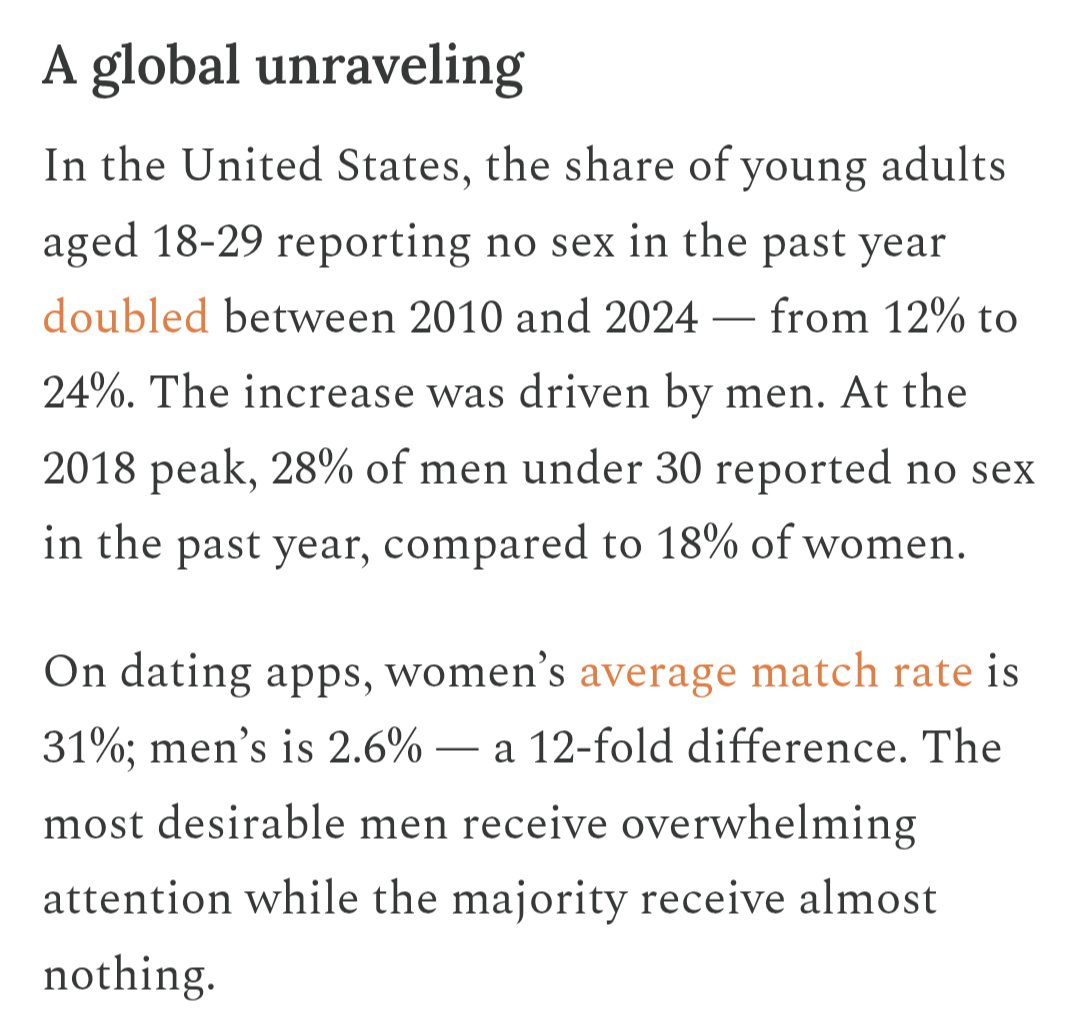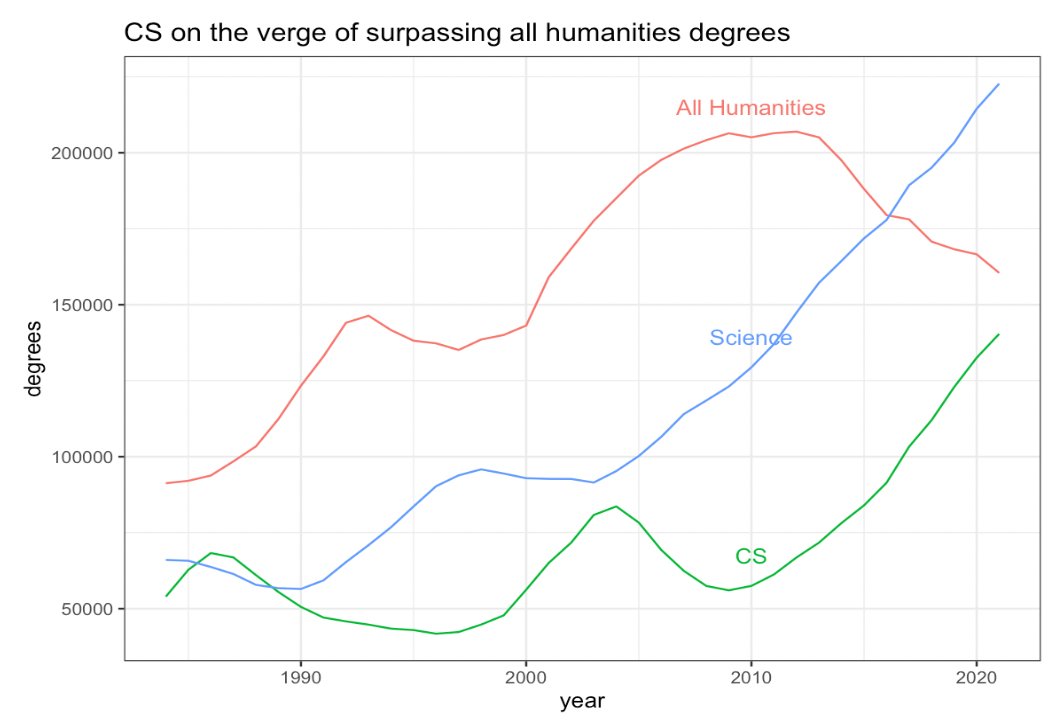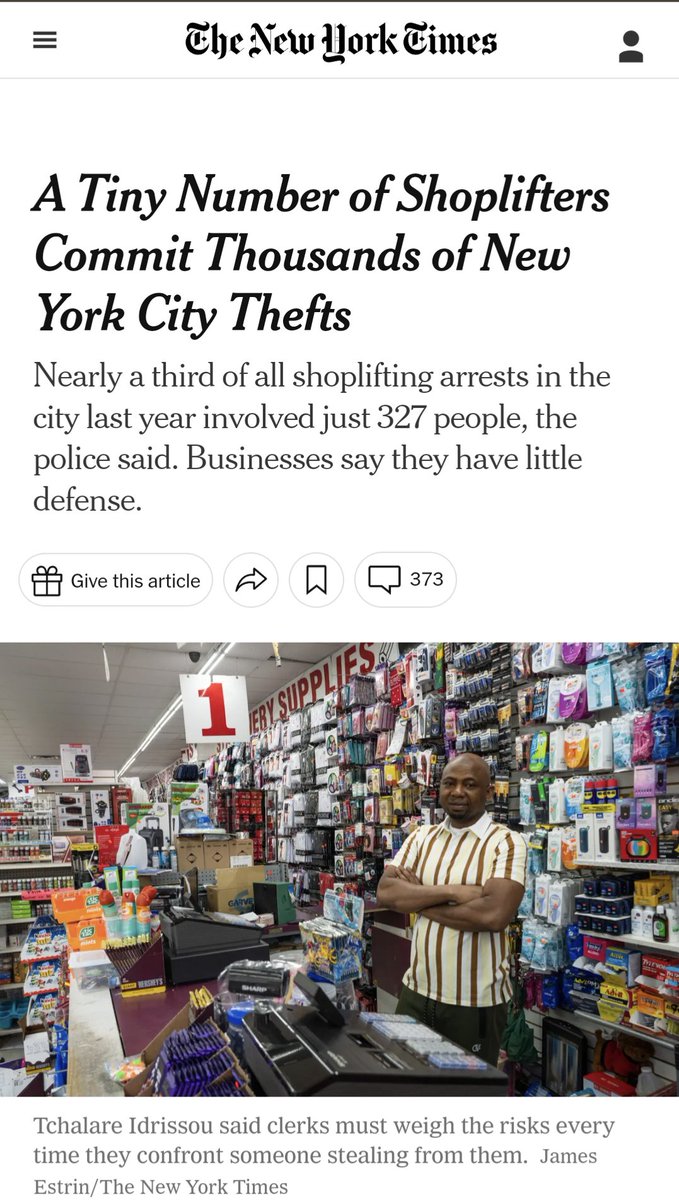
Technology brother. Dad. Actual IRL purple cyclops.
Opinions expressed are the official opinions of my employer, my country, and the entire human race.
How to get URL link on X (Twitter) App


https://twitter.com/CocaineCatholic/status/2010531133495075129We went from a society where over 90% of people were married by age 30 to one where a third of men under 30 haven't had sex in the past year.

https://twitter.com/GarrettPetersen/status/1993424270312325325The blocker to this is the European Convention on Human Rights (ECHR), adopted in 1950 in response to Nazi atrocities.




 Knitting is about repeating a series of steps that are exactly the same every time you do them. It's a natural fit for mechanization. And sure enough, textiles was the first industry to industrialize. The first knitting machine was invented all the way back in 1589.
Knitting is about repeating a series of steps that are exactly the same every time you do them. It's a natural fit for mechanization. And sure enough, textiles was the first industry to industrialize. The first knitting machine was invented all the way back in 1589. 

https://twitter.com/clairlemon/status/1879391767994511690Imagine a conscientious person who does exactly what their elders expect of them to the best of their ability. It's easy to picture this person at age 22 having six figures of debt, a degree, and no job skills. Why do we funnel people like that down this very specific path?

https://twitter.com/DegenSpartan/status/1601377004741603328The activists decide on a specific person they want to destroy and they go in search of a weak link in the services that person uses. That usually means a service that is (1) necessary to operate, (2) monopolistic, and (3) vulnerable to pressure.